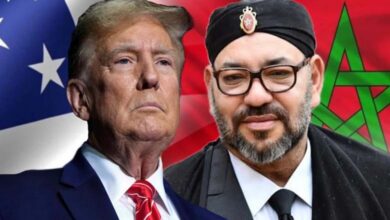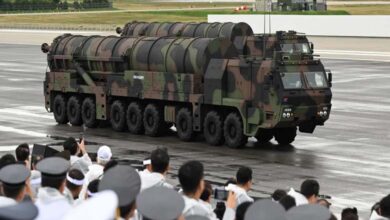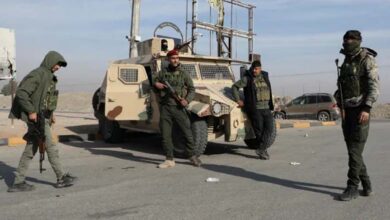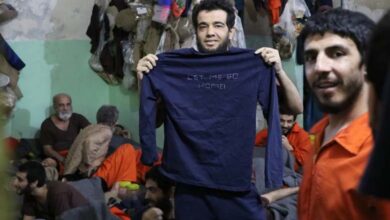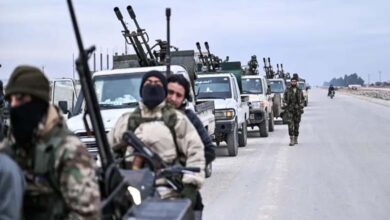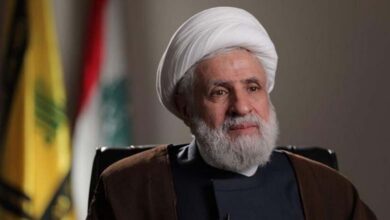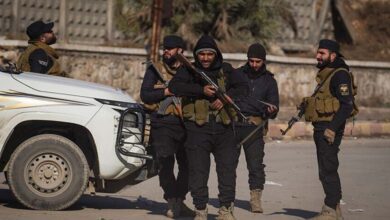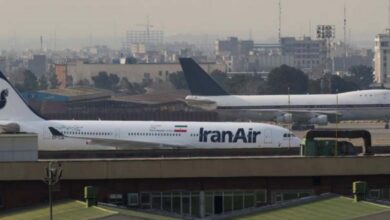Tehran and Washington Resume Nuclear Talks Under the Pressure of Red Lines
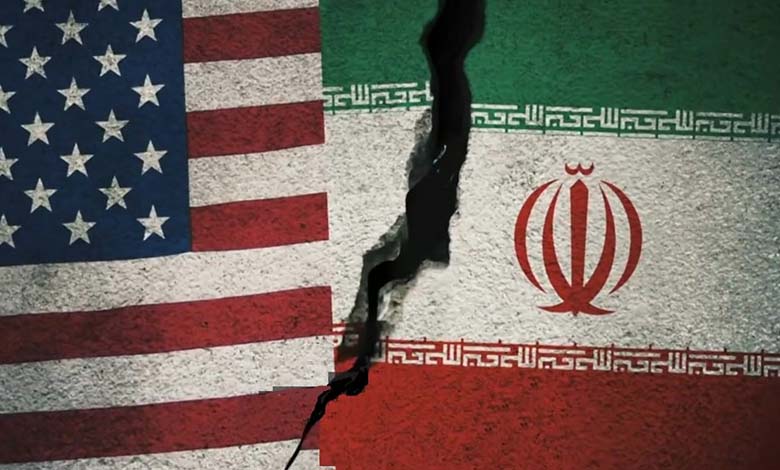
An Iranian official described the talks as unserious on the American side, revealing that Tehran is already preparing for a possible failure of the negotiations.
Senior Iranian and American negotiators are resuming talks this Sunday in a bid to resolve disagreements over Tehran’s nuclear program, seeking progress as Washington toughens its stance ahead of President Donald Trump’s visit to the Middle East.
-
Washington and Tehran discuss a ‘political ceasefire’
-
Tehran Ready for Indirect Talks with Washington in Response to Trump’s Letter
Although both Tehran and Washington claim to prefer diplomacy to settle this decades-old dispute, they remain deeply divided over several red lines that negotiators must cross to reach a new nuclear agreement and avoid future military confrontation.
Iranian Foreign Minister Abbas Araghchi and Trump’s Middle East envoy Steve Whitcoff are scheduled to hold the fourth round of negotiations in Muscat, mediated by Omani officials, despite Washington’s publicly hardline position, which Iranian officials argue is unhelpful to the process.
Whitcoff told Breitbart News on Thursday that Washington’s red line is “no enrichment. That means dismantlement and no weaponization,” which would entail the full dismantling of Iran’s nuclear facilities in Natanz, Fordow, and Isfahan.
-
Iran’s Nuclear Program: Tehran Awaits Trump’s Message via an “Arab Country”
-
Tehran Threatens Washington with Prolonged Conflict
“If Sunday’s talks are not productive, they will not continue, and we’ll have to pursue a different path,” he stated in the interview.
Trump, who has threatened military action if diplomacy fails, is set to visit Saudi Arabia, Qatar, and the UAE from May 13 to 16.
In response to Whitcoff’s comments, Araghchi asserted on Saturday that Iran would not relinquish its nuclear rights.
“Iran is negotiating in good faith… If the goal of these talks is to limit Iran’s nuclear rights, then let me be clear: Iran will not give up any of its rights,” he said.
-
Iranian Spy Network Dismantled: Serious Security Implications of Escalation between Tehran and Tel Aviv
-
Washington Secretly Warns Tehran of Suspicious Nuclear Activities
Iranian officials say Tehran is open to negotiating some restrictions on its nuclear activities in return for sanctions relief. However, halting uranium enrichment or handing over its enriched uranium stockpile are among “non-negotiable Iranian red lines.”
A senior Iranian official close to the negotiating team stated that the U.S. demands for “no uranium enrichment and dismantling of nuclear sites” will not help move talks forward.
Speaking on condition of anonymity, the official added: “What the U.S. says publicly is different from what is discussed in negotiations.”
-
Washington Imposes Sanctions on Network US Technology to Tehran
-
Audio Leak: Iranian regime recruits foreign students to ‘Recruit Supporters’ for Tehran Worldwide
He said matters would become clearer during Sunday’s meeting, which was originally set for May 3 in Rome but postponed due to “logistical reasons,” according to Oman.
The same Iranian official described the talks as “not serious” from the American side and revealed that Tehran is already preparing for the failure of the negotiations.
CNN quoted the official, who preferred not to be named, as saying that there are “assessments in Iran that these talks were designed from the outset to trap the region into further escalation.”
-
A long Iranian path… Can Tehran succeed in gaining the trust of Arabs and changing its behavior in the region?
-
U.S.: We will not allow Tehran to possess nuclear weapons
The Iranian official accused Washington of playing a “political and media game” through “unjustified weekly gaps in the negotiation track,” affirming that Iran did not wish for this “fragmented” negotiation format.
He added that the U.S. side is “not ready” for meaningful political or technical discussions, pointing out that Washington’s responses are “short, general, and often ignore Iran’s key proposals, while the U.S. position keeps changing.”
Beyond the nuclear issue, Iran has categorically ruled out negotiations over its ballistic missile program and is demanding strong guarantees that Trump will not again withdraw from any future nuclear deal.
-
Republicans Urge US Administration to stop secret talks with Tehran
-
Nuclear Negotiations: U.S. Red Lines and Iran’s Firm Response
Trump, who reinstated the “maximum pressure” policy on Tehran in February, had withdrawn from the 2015 nuclear deal with six world powers in 2018 during his first term and reimposed harsh sanctions.
Since 2019, Iran – which has long claimed its program is peaceful – has been violating restrictions of the 2015 agreement, including accelerating uranium enrichment up to 60% purity, nearing the 90% weapons-grade threshold, according to the IAEA.
With Trump’s regional visit to Saudi Arabia, Qatar, and the UAE approaching from May 13 to 16, the Muscat talks take on greater importance. It remains to be seen whether diplomacy will yield a breakthrough to avert regional escalation, or whether entrenched positions will lead to dangerous consequences.
-
Iran May Accept a Deal Limiting Its Nuclear Program if Trump Doesn’t Withdraw Again
-
Iran’s Nuclear Program Back in the Spotlight… and Trump Seeks Political Breakthrough
-
Washington Conditions Any New Nuclear Deal with Iran on Enrichment Oversight


